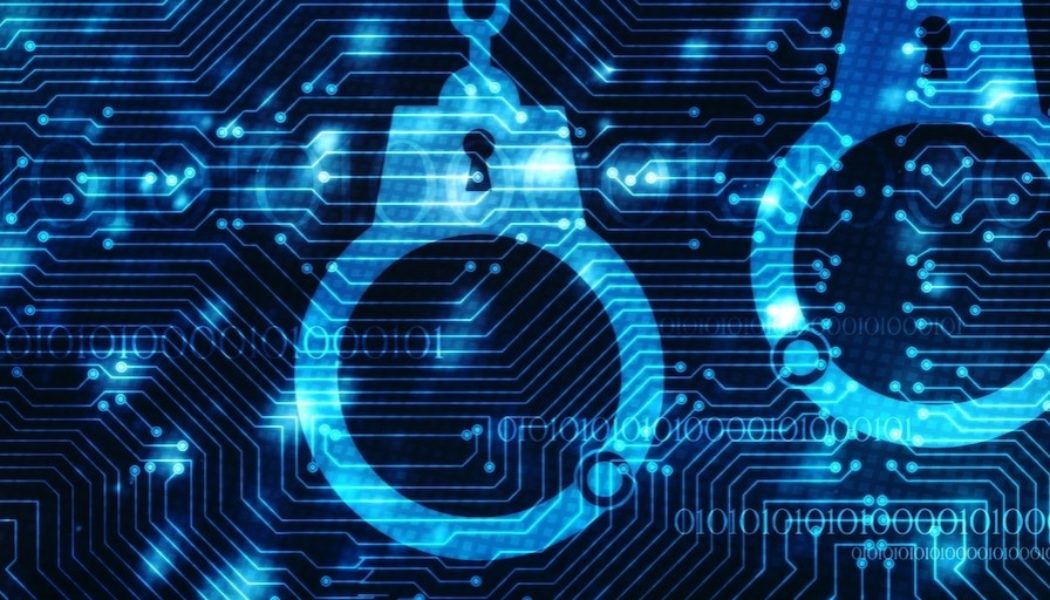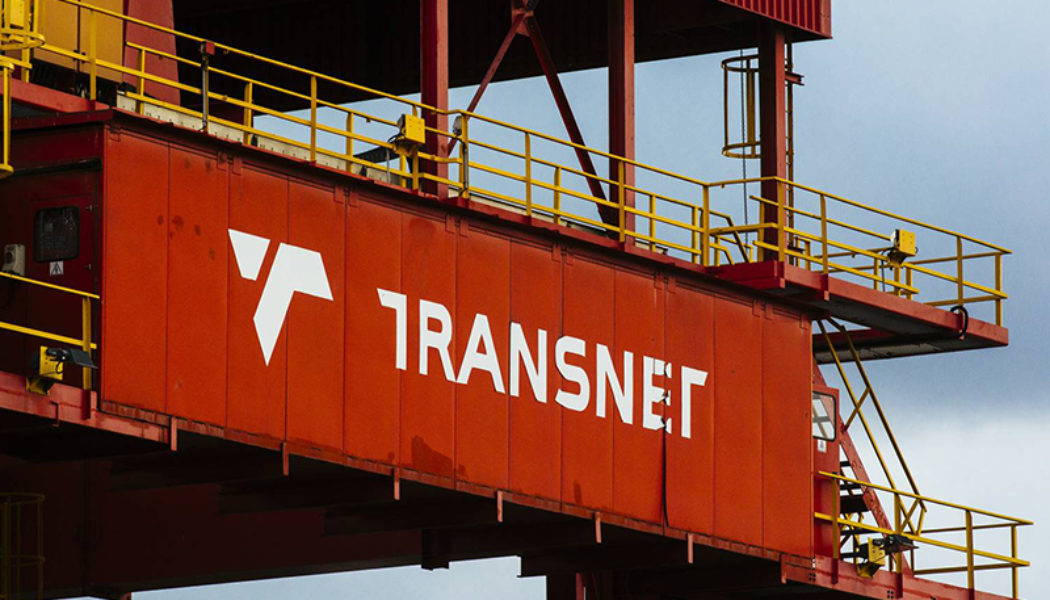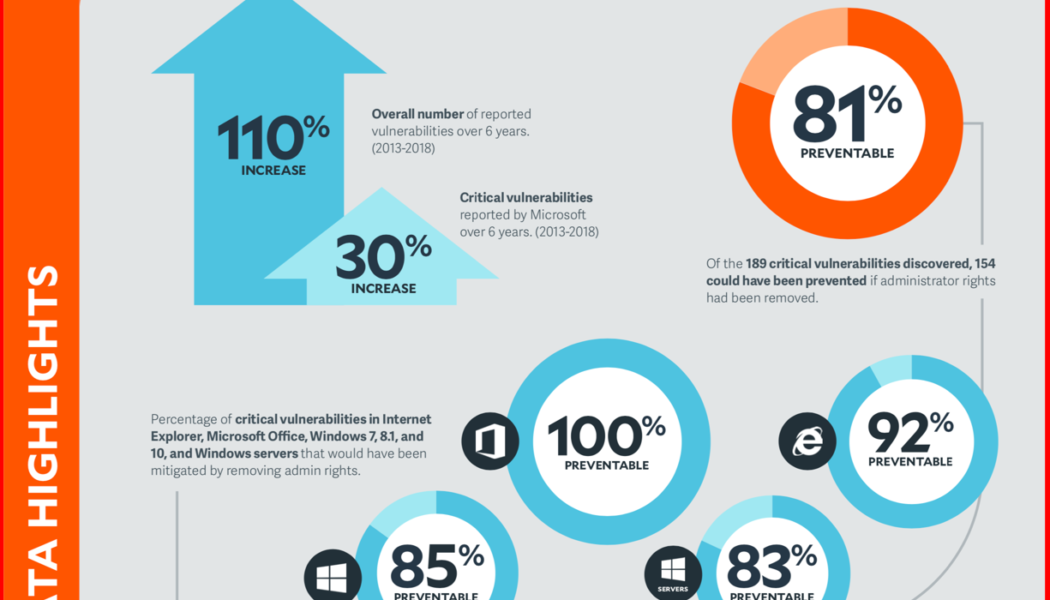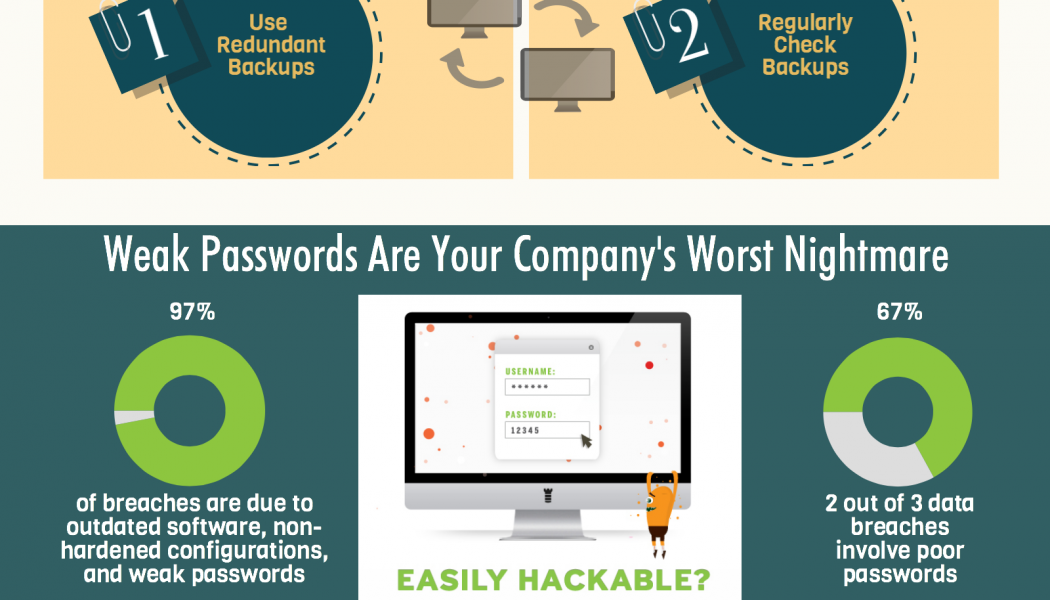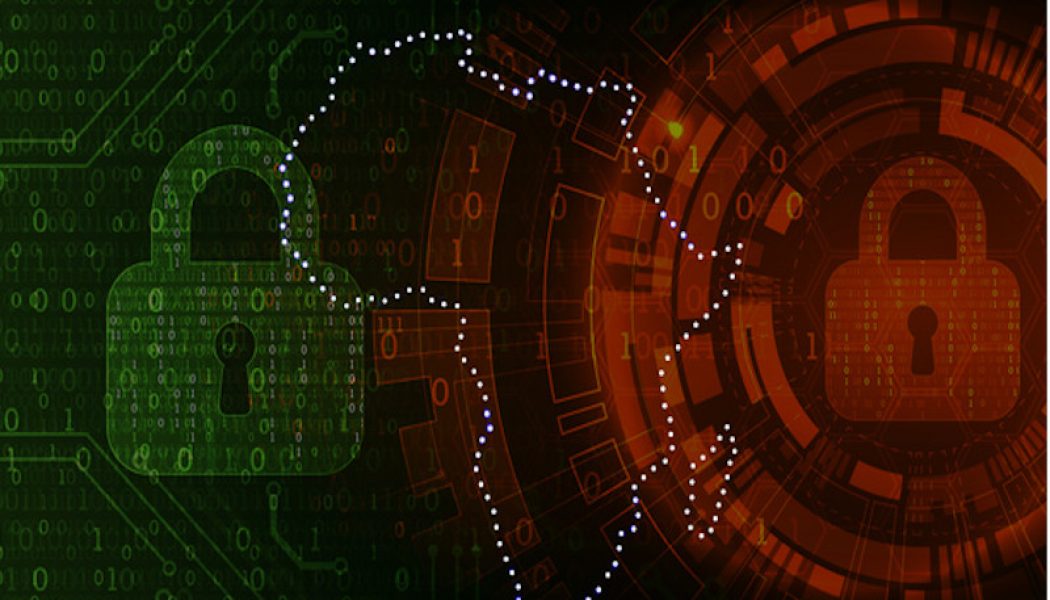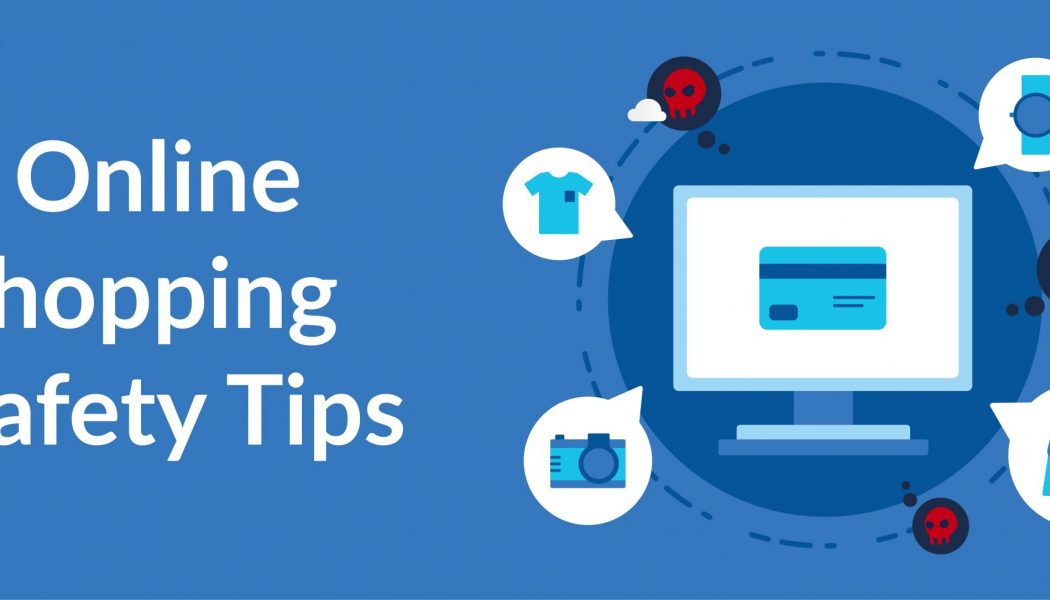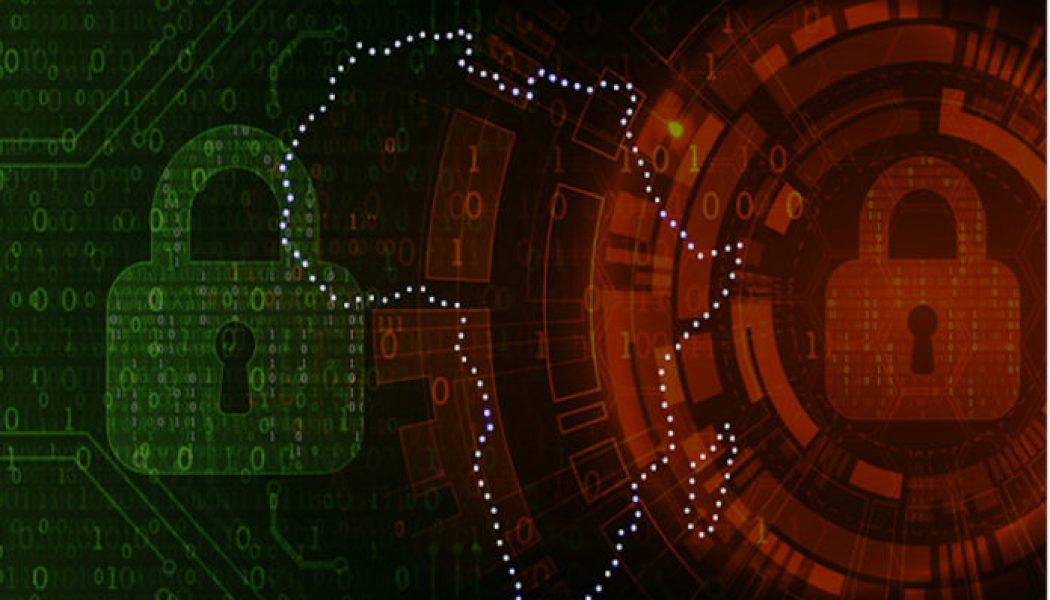KnowBe4 Africa
Is Hacking Humans Easier Than Machines?
Anna Collard, SVP Content Strategy & Evangelist at KnowBe4 Africa. When it comes to cybersecurity, technology is not enough. Yes, it is the foundation. But it is not enough to mitigate the growing threat of cybercrime. The reality is that, even with best-in-class security systems, firewalls, endpoint protections and zero-trust frameworks, without a robust and agile culture of security, the business is at risk. The Dark Reading 2021 Strategic Security Survey found that around 48% of security professionals believe that users breaking policy are likely to be the single biggest cause of a major breach in the future. This sentiment is echoed in a ITWeb and KnowBe4 study that examined cybersecurity culture and the impact of this on the South African organisation. “Having a robust cyber...
The State of Cyber Extortion Crime in South Africa
Sourced from Kaspersky The KnowBe4 and ITWeb Ransomware Survey took a deep look into the South African organisation, finding that ransomware and cybercrime are increasingly impacting organisations on the continent. While many companies (32%) were attacked in 2021, some multiple times (12%), 64% of organisations believe they are prepared, and 67% would not pay the ransom. According to Anna Collard, SVP Content Strategy & Evangelist at KnowBe4 Africa, the South African market with its growing economy and cyber dependence, is becoming increasingly tasty as a cyber extortion snack. Anna Collard, SVP Content Strategy & Evangelist at KnowBe4 Africa. “It is natural for cybercriminal organisations to look at emerging economies for future attacks, as they are often not as prepared as the re...
33% of Companies Undergo Cyberattacks Twice a Month on Average, per Report
Sourced from International IDEA The Hiscox Cyber Readiness Report 2021 provided some concerning statistics and facts about the impact of cyber-crime. It is a game, and it is one that Hiscox fundamentally believes no business should leave to chance. Multiple threat vectors and variable threat actors, and, perhaps most worrying – repeated attacks on companies by cyber-crime pose a serious risk to organisations small and large alike. One-in-six of all firms attacked this year (17%) said the impact was serious enough to ‘materially threaten the solvency or viability of the company’. According to Anna Collard, SVP Content Strategy & Evangelist at KnowBe4 AFRICA, the report underscores the immense challenge that organisations face when it comes to securing the business and the people within ...
How to Create a Culture of Cybersecurity
Sourced from IDG Connect Security. This is a word that can make a grown CFO tremble and an entire SOC crumble. It is the word that captures a complex landscape littered with complexity, cybercriminals and technology. It defines how well an organisation adheres to a growing body of legislation – GDPR, POPIA and other data protection regulations – and how its reputation fares when a breach is revealed and information exposed. Security should be on every boardroom agenda, in ongoing employee training, and an investment into the right tools and solutions. But, perhaps most importantly, security should be an inherent part of the company’s culture because it is this factor that ultimately determines its security risk and posture. “There is a clear link between security culture and secure behavio...
How COVID-19 has Changed the Shape of African Cybersecurity
Sourced from IDG Connect The COVID-19 pandemic has fundamentally changed how people live, work and approach security. According to the 2020 KnowBe4 African Report – which collated insights from across South Africa, Kenya, Nigeria, Ghana, Egypt, Morocco, Mauritius and Botswana – found that attitudes and behaviours had shifted as a result of the pandemic, but problem pockets of risk remain that need to be addressed in order to ensure both business and individual security. “Nearly 50% of the respondents will continue to work from home; 24% indicated that they were affected by cybercrime while working from home, and only 30% believed that their governments prioritised cybersecurity in their policies,” says Anna Collard, SVP of content strategy at KnowBe4 Africa. “This year, respondents were ev...
Is Africa a Goldmine of Cybersecurity Opportunities?
Sourced from IDG Connect Africa presents a wealth of opportunities for startups and innovators looking to address cybersecurity risk across the increasingly digitised continent – according to Anna Collard, SVP of Content Strategy & Evangelist for KnowBe4 Africa. Collard goes on to say that cybersecurity presents an incredible market opportunity in Africa, with the number of Internet users soaring and demand for IT security skills growing rapidly. “Security skills and services are in high demand everywhere. The number of African Internet users will double to one billion by 2022, and global cybersecurity spend will top $170.4 billion in 2022. At the same time, cybercrime is estimated to cost the global economy a total of $6 trillion by next year, and cybercriminals’ interest in Africa is...
It’s not just Technology that Secures an Organisation – it’s also People
The 2020 Security Culture Report collected data from more than 120,000 employees across 24 countries to find out exactly how deeply security was embedded in the company culture. Or not. South Africa, Kenya, Botswana, Namibia, Zimbabwe, USA, UK, New Zealand, Norway and India were some of the countries included in the survey. The industries included Banking, Financial Services, Insurance, Education, Transport, and Energy and Utilities. The overall security culture scores were measured across seven dimensions that included Attitudes, Behaviours, Cognition, Communication, Compliance, Norms and Responsibilities. These were then further analysed against country and industry sector to provide a holistic global security overview. The results? Not what you might expect. “Asia has the highest securi...




